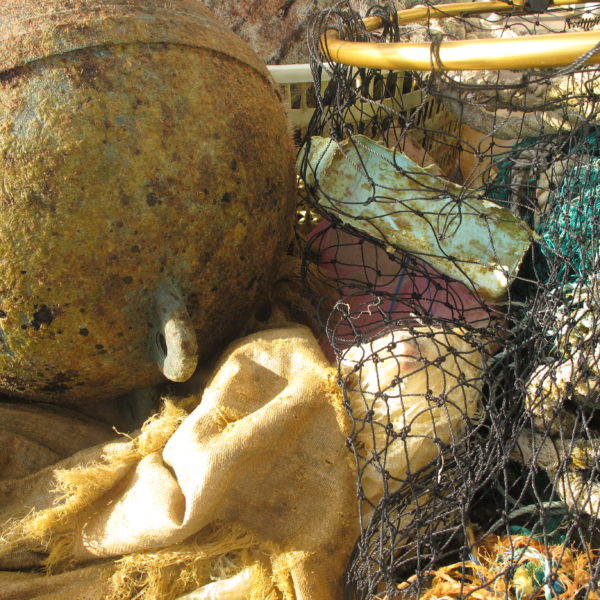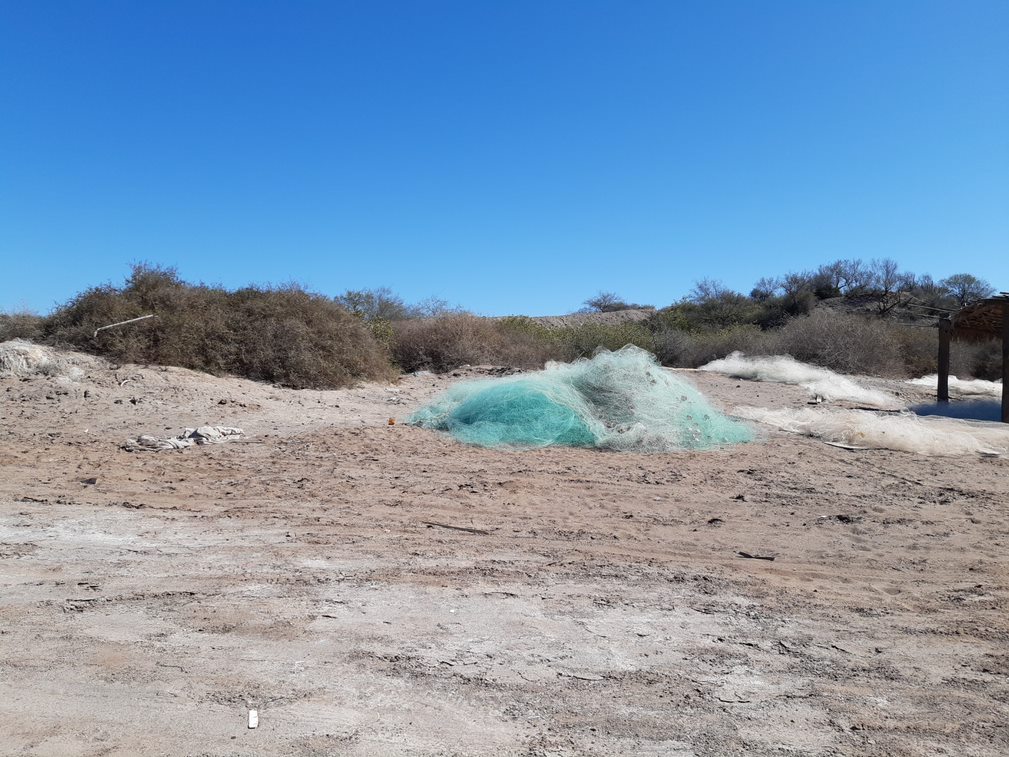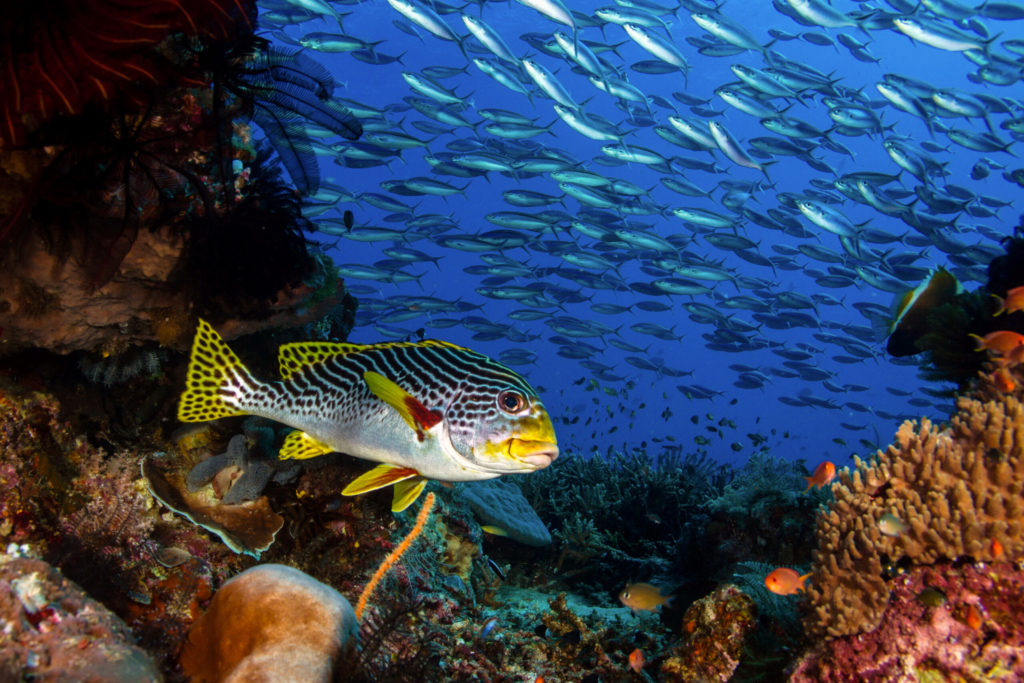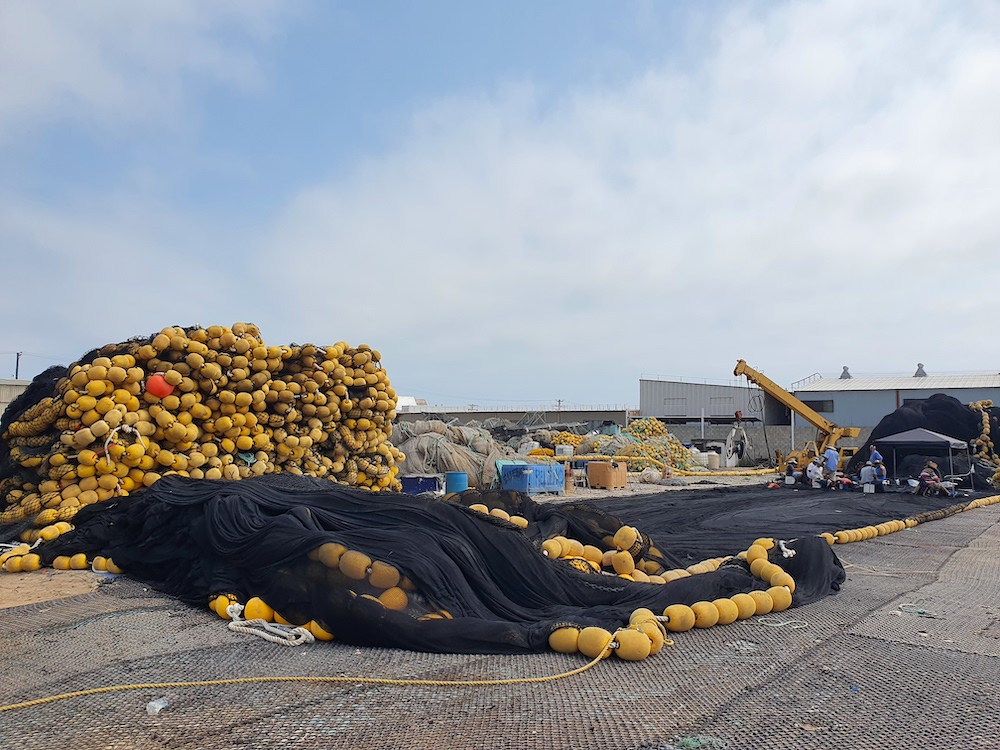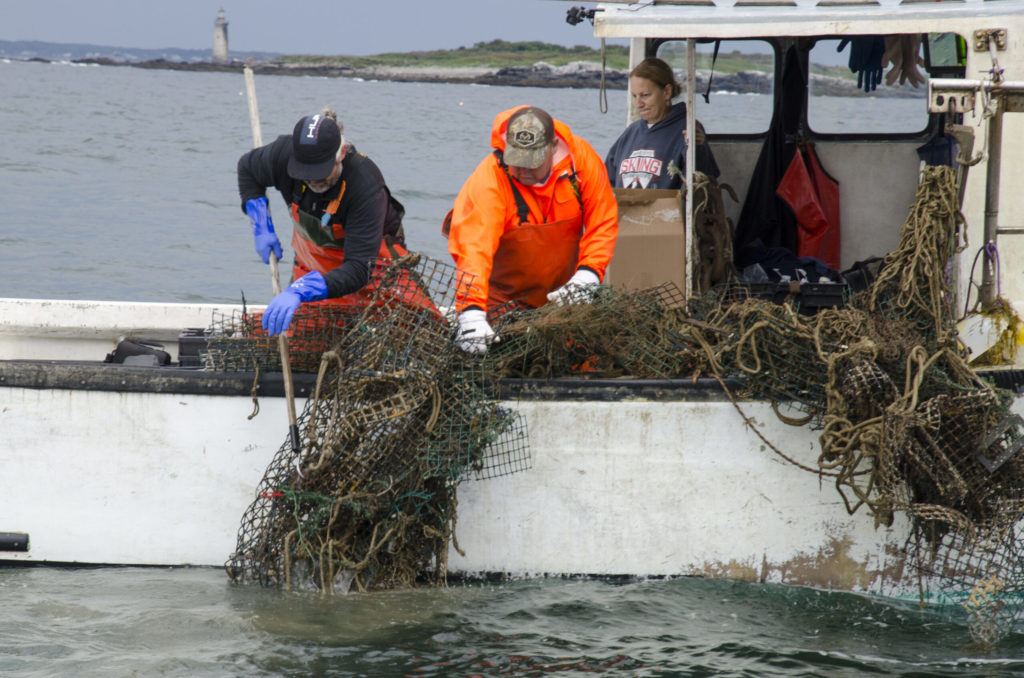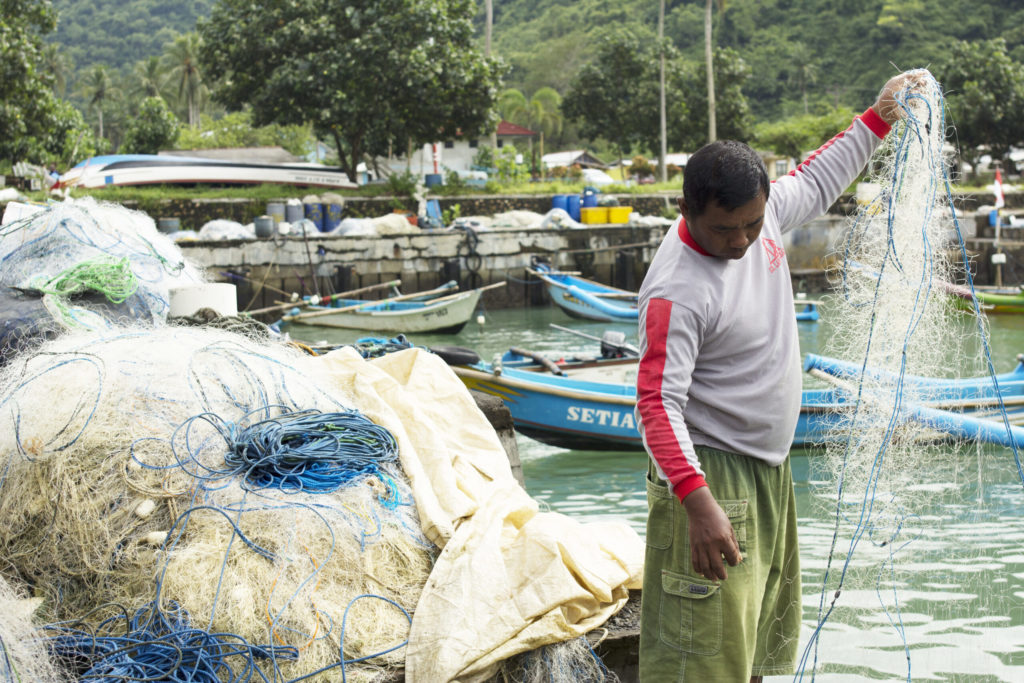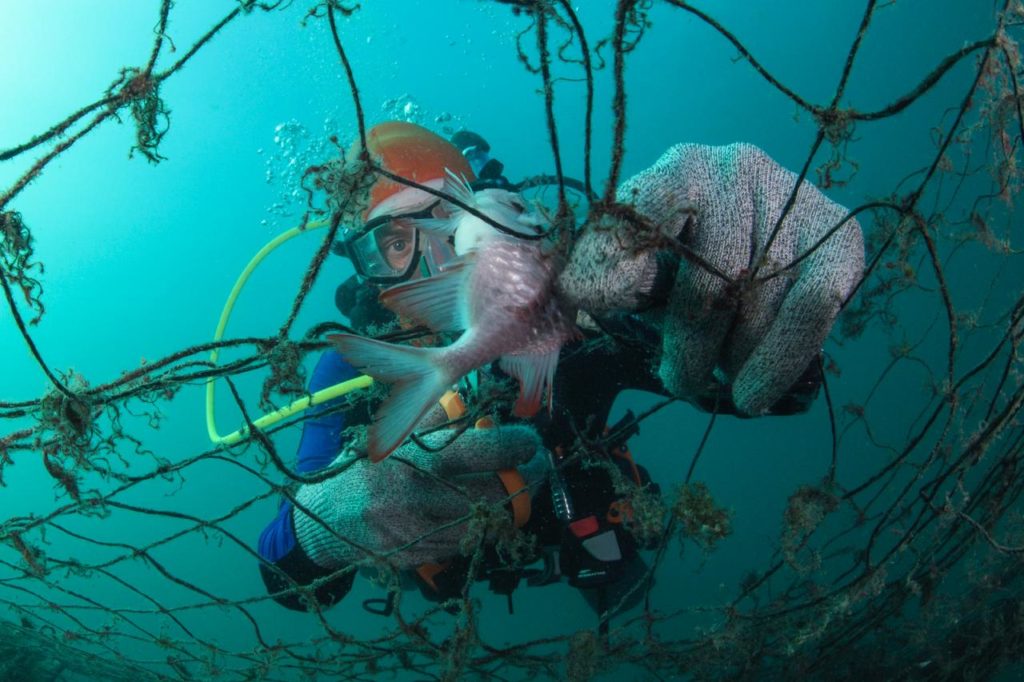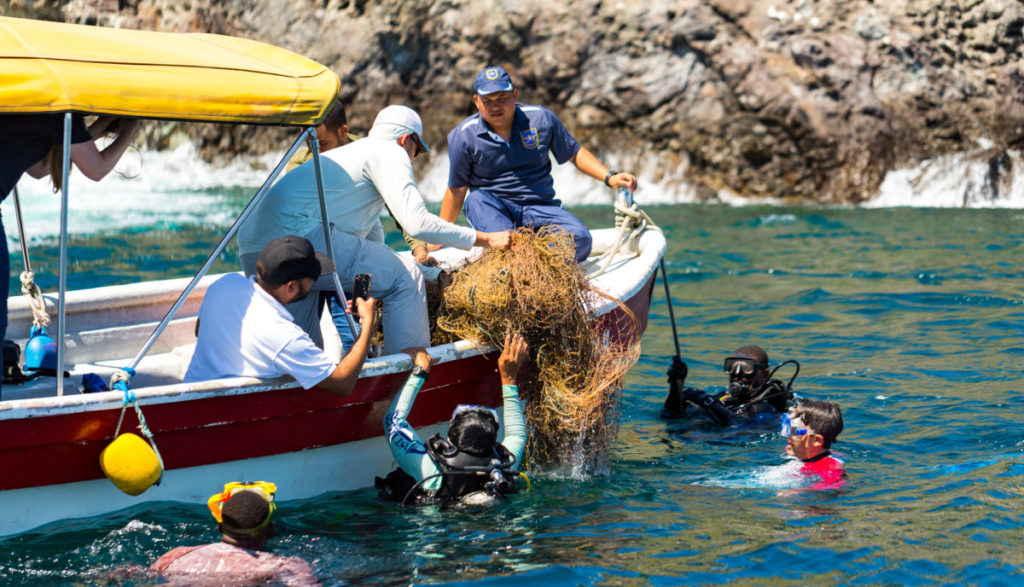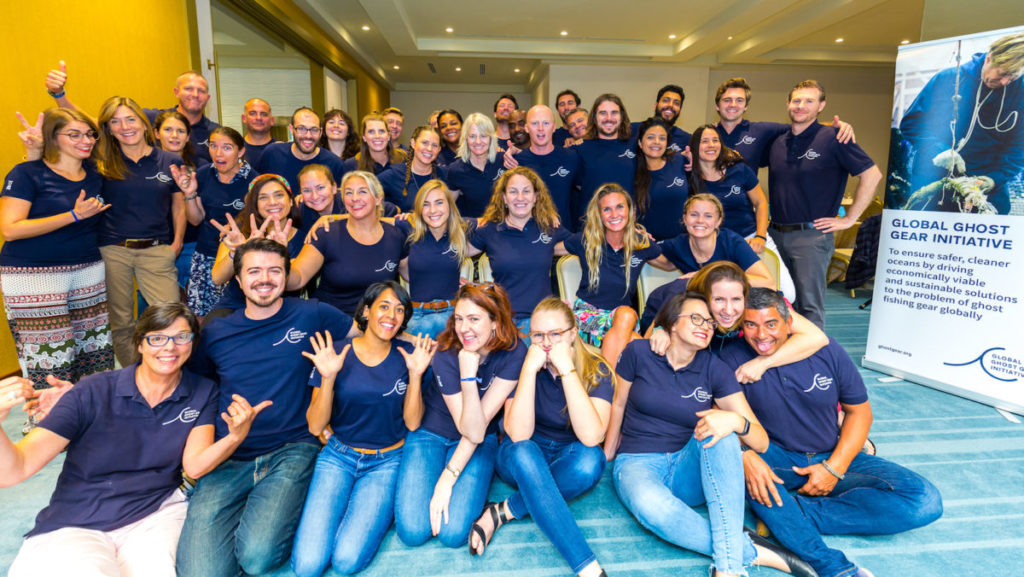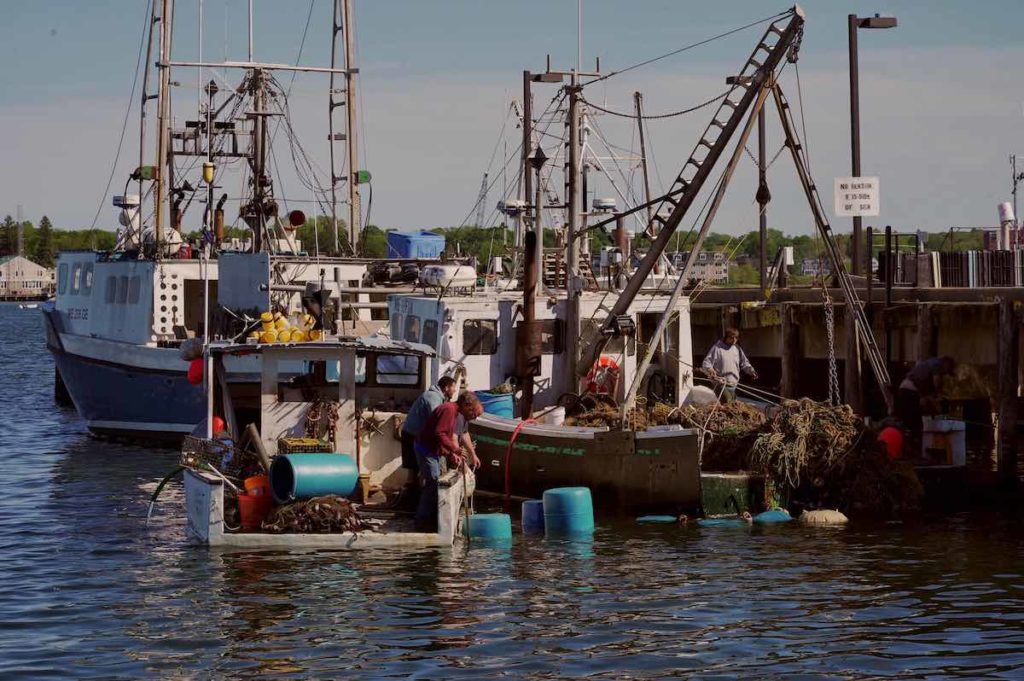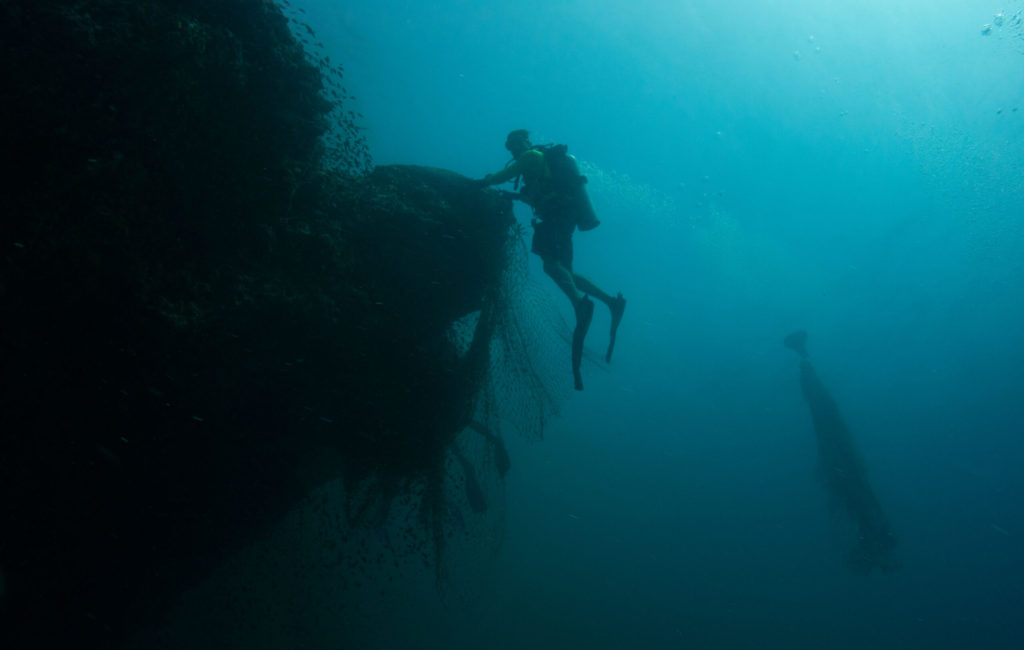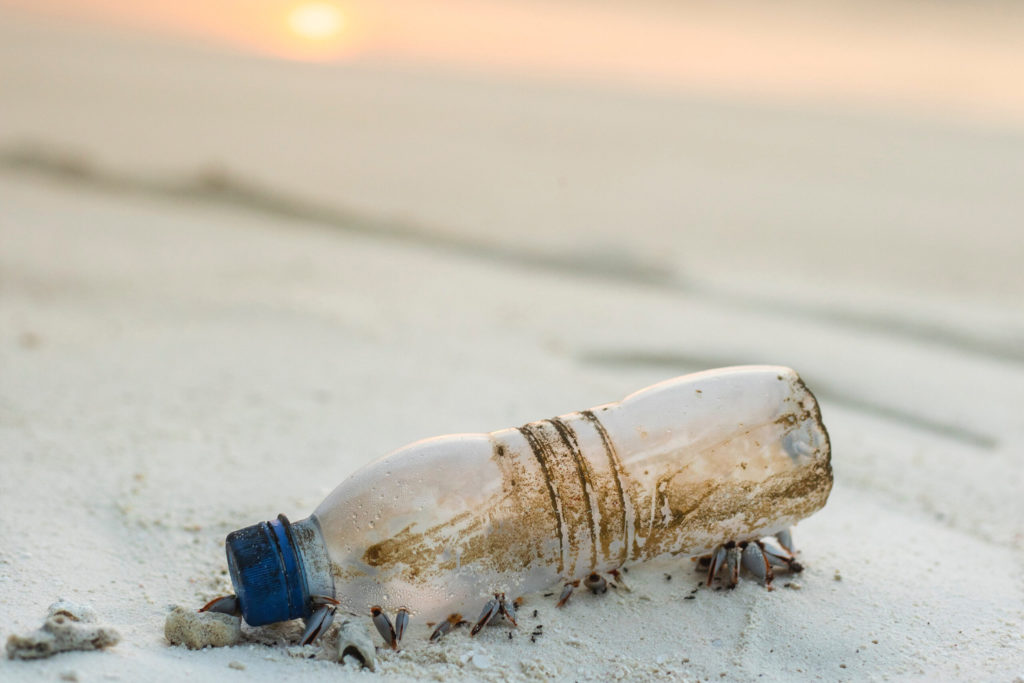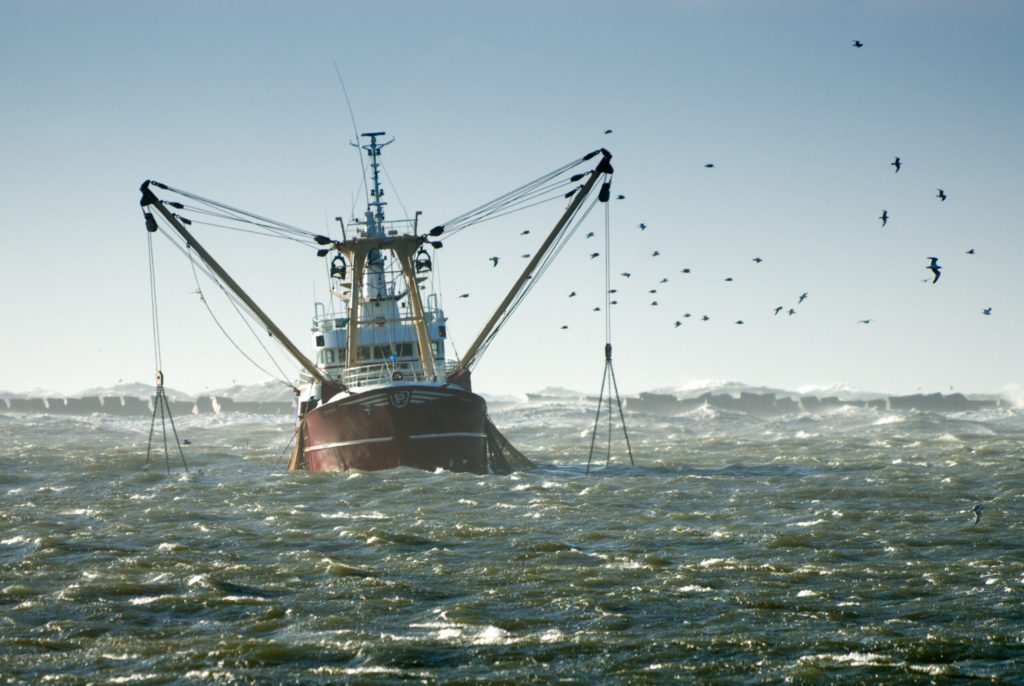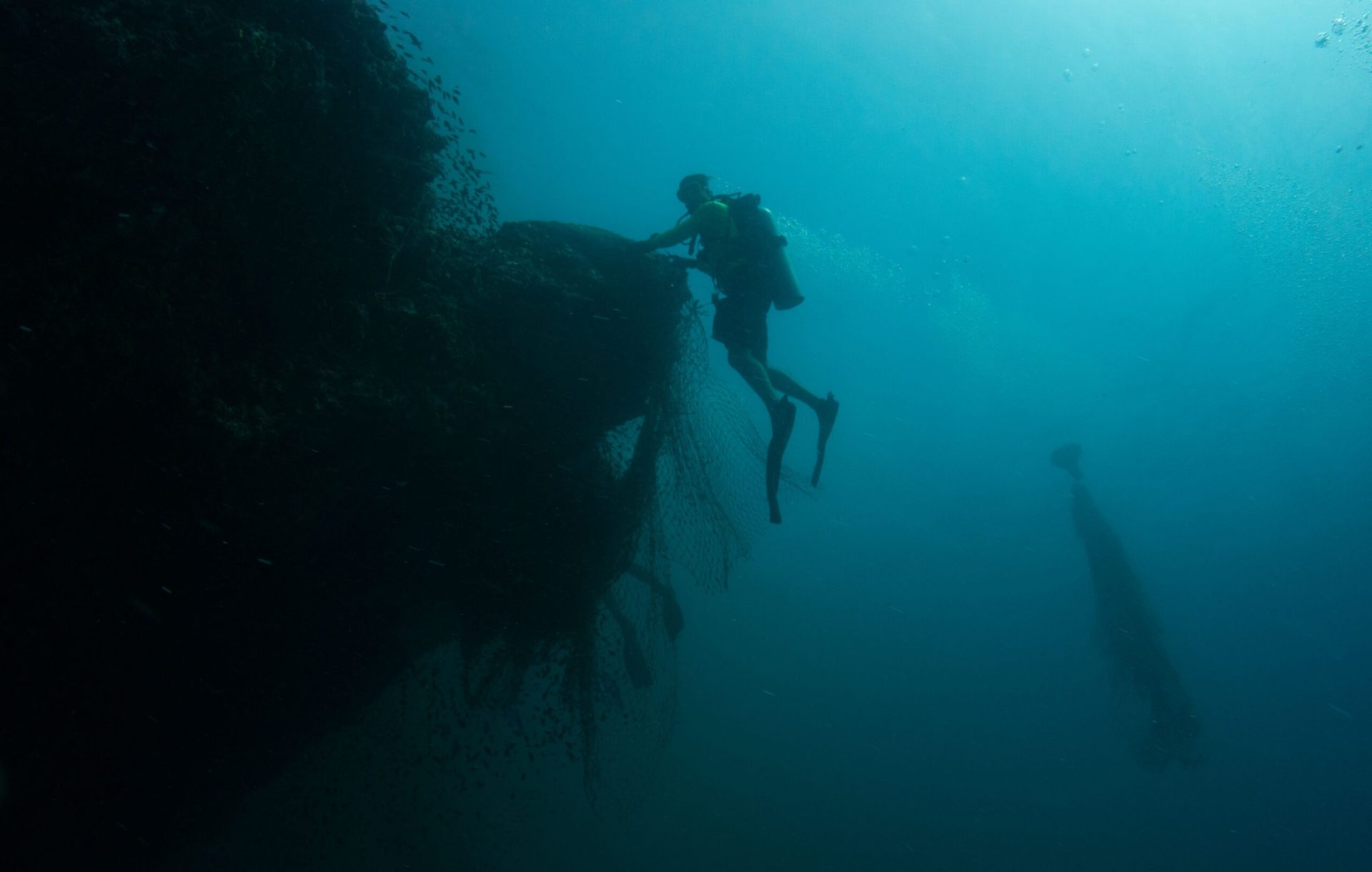
Global Ghost Gear Initiative®
The Global Ghost Gear Initiative® uses its collective impact to fight back against the haunting impact of lost and abandoned fishing gear
When you think of plastics in the ocean, what comes to mind? You might conjure up visions of bottles, straws and carryout food containers. While these single-use plastics are a significant part of the problem, there is something missing from that picture. It is the most widespread and deadliest form of debris in the ocean.
Abandoned, lost or otherwise discarded fishing gear (ALDFG), better known as ghost gear, is a widespread form of marine debris. Although any trash is bad news for our ocean, ghost gear stands out among the rest. It’s the most harmful type of marine debris, yet many people have never heard of it. That’s why we’re working with partners around the world through the Global Ghost Gear Initiative® (GGGI) to combat it.
Here at Ocean Conservancy we’re working tirelessly toward a healthier ocean, and that includes eliminating the harmful threat of ghost gear. Read on to learn what ghost gear is, why it’s a problem and how we’re working to solve the issue.
The Problem
What exactly is “ghost gear,” and where did it come from?
“Ghost gear” is any fishing gear that is abandoned, lost or discarded in aquatic environments. This includes fishing nets, long lines, fish traps, lobster pots or any other human-made device used to catch aquatic animals. Fishing gear is designed to trap aquatic organisms, and it can continue to do so long after the gear is lost or discarded in the ocean. When lost fishing gear keeps catching fish after its intended lifespan, it is called ghost fishing.
Ghost gear can enter the water in a number of ways, including getting snagged on rocks or coral, being accidentally cut loose by other marine traffic or being swept away and lost during storms. Gear can also be intentionally discarded where no disposal facilities exist or by illegal fishers to hide the evidence of illegal, unregulated and unreported (IUU) fishing activity or because they were denied entry to port. No matter the cause, the effect of all ghost gear is the same: it pollutes the ocean, impacts the sustainability of our fisheries and fisher livelihoods and threatens animals and the ecosystems they depend on.
Countless aquatic organisms are threatened by ghost gear. For example, commercially-harvestable species such as fish, crabs and lobsters can get caught in lost traps, unable to escape, causing significant economic loss and threatening global food security. Turtles, dolphins, sharks, sea birds and more can get entangled in or ingest plastic fishing line, preventing them from swimming or hunting. Coral reef and seagrass ecosystems can be smothered by heavy, immobile masses of tangled gear.
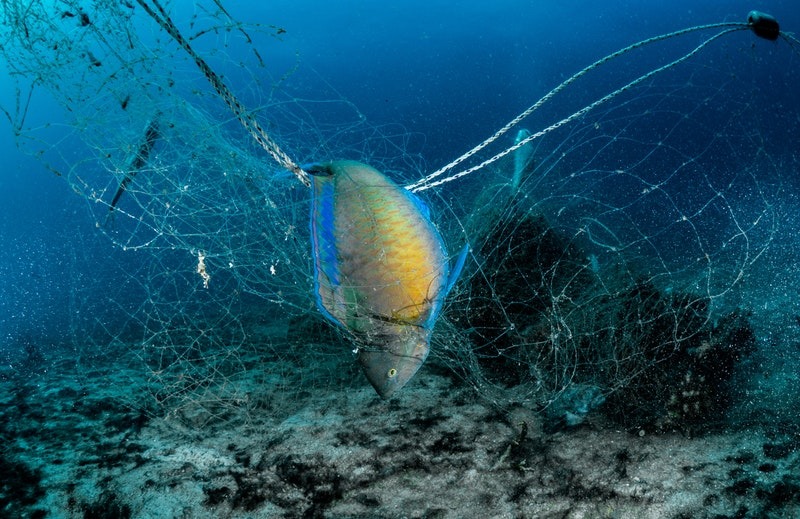
Just how bad is the problem?
Ghost gear threatens aquatic ecosystems around the world—from shallow coral reefs to deep water landscapes. Ghost gear is a problem to some degree wherever fishing takes place. One recent study estimates that more than 60% of the surface debris in the infamous North Pacific Gyre (more commonly known as the Great Pacific Garbage Patch) is fishing-related when measured by weight.
We also know that there are hotspots where the ghost gear problem is particularly prevalent. In the Florida Keys National Marine Sanctuary alone, an area smaller than the state of Connecticut, scientists suspect there are over a million abandoned lobster and crab pots with 85,000 of them estimated to be actively ghost fishing. And ghost gear threatens species that are already at risk—an estimated 45% of the marine mammals listed on the International Union for Conservation of Nature (IUCN) Red List have been negatively affected by ghost gear.
Globally, an estimated 90% of species caught in lost gear are commercially valuable, and some fish stocks experience up to a 30% decline due to ghost gear actively ghost fishing. This has staggering implications for food security, fisheries sustainability and ultimately, the bottom line of the fishing industry.
It’s clear that combatting ghost gear is one of the most pressing issues facing the field of marine conservation today. The question is, how do we begin to tackle this massive problem? Thankfully, the Global Ghost Gear Initiative is partnering with organizations around the world to do just that.
The Solution
How do we protect our ocean from the ghost fishing gear crisis?
Tackling a complicated problem like ghost gear takes collaboration, creativity and hard work. Here at Ocean Conservancy, we’re at the frontlines of developing and supporting innovative solutions to combat ghost fishing. Through the GGGI we’re working with partners around the world to both remove ghost gear that is currently lost in our ocean, and prevent more from being lost or abandoned in the future.
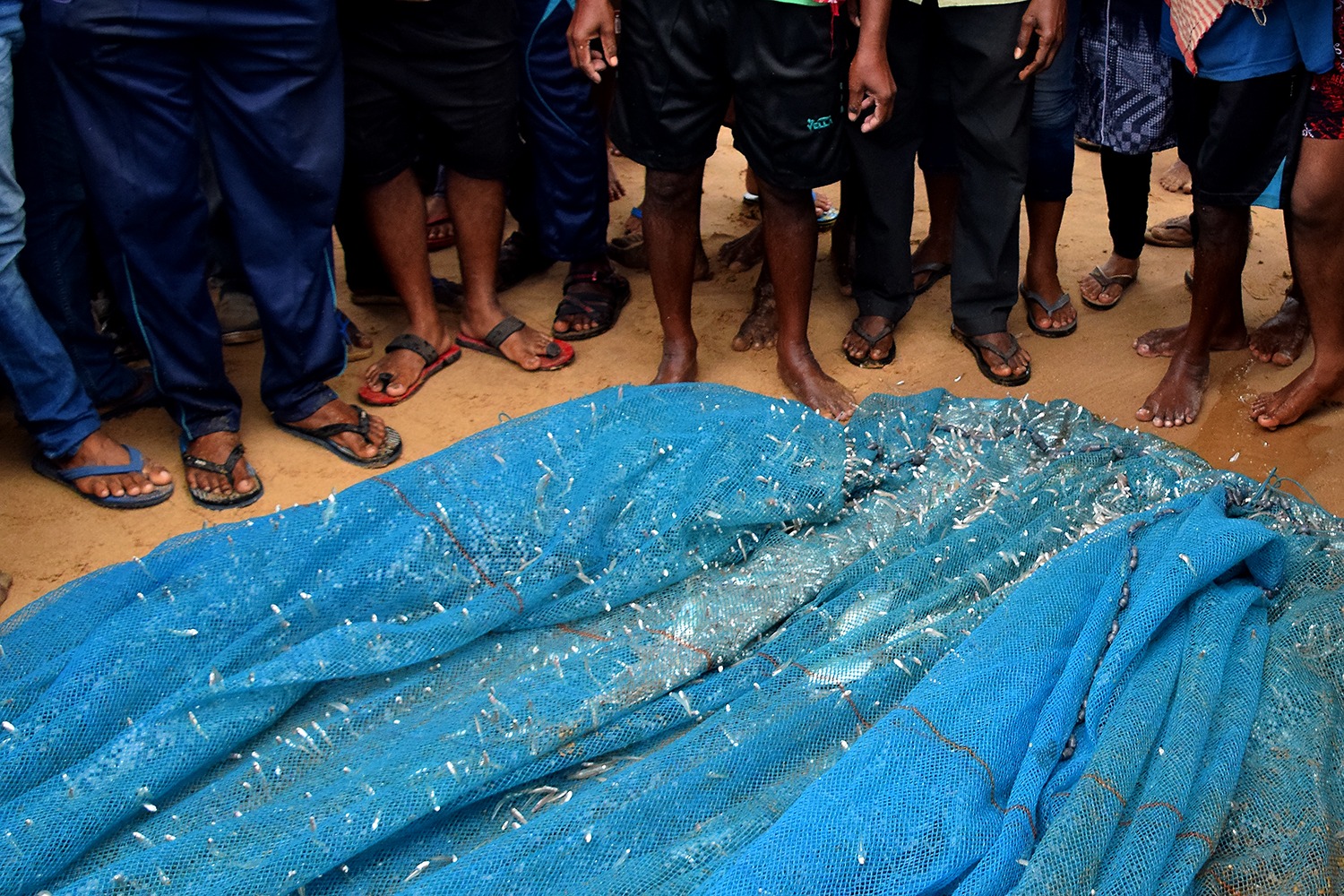
Beginning in 2019, Ocean Conservancy became the host organization of the GGGI. The GGGI is the first global alliance of its kind dedicated to tackling the problem of ghost fishing gear by building evidence about the extent of the problem; defining and implementing best practices and informing policies that prevent, mitigate and remediate ghost gear; and developing and scaling innovative holistic solution projects at various sites around the world. GGGI brings many different stakeholders to the discussion, including representatives from the fisheries sector, seafood and gear industry, non-governmental organizations (NGOs), academia, governments, United Nations agencies and more. In 2019, the United States government joined the Initiative, which now counts 18 member governments and more than 120 member organizations. The initiative serves as a global clearinghouse for information on ghost gear, catalyzing practical and replicable solutions for both the removal and prevention of ghost gear.
If we want to protect our ocean’s health, we need to address ghost gear as the most harmful form of marine debris. Ghost gear is such a cross-cutting issue impacting food security, fisher livelihoods, marine pollution and even human health and animal welfare. To tackle this problem, we need allies across the full seafood supply chain around the table, and that’s why the GGGI is the premier platform to address this critical issue at scale.”
Since its inception in 2015, the GGGI has implemented numerous projects around the world, including a Small Grants Program and the Joanna Toole Ghost Gear Solutions Award. They have developed guidance for governments and industry leaders on addressing ghost gear in international, domestic and corporate policy. They have also built an online portal with the largest collection of ghost gear data in the world.
